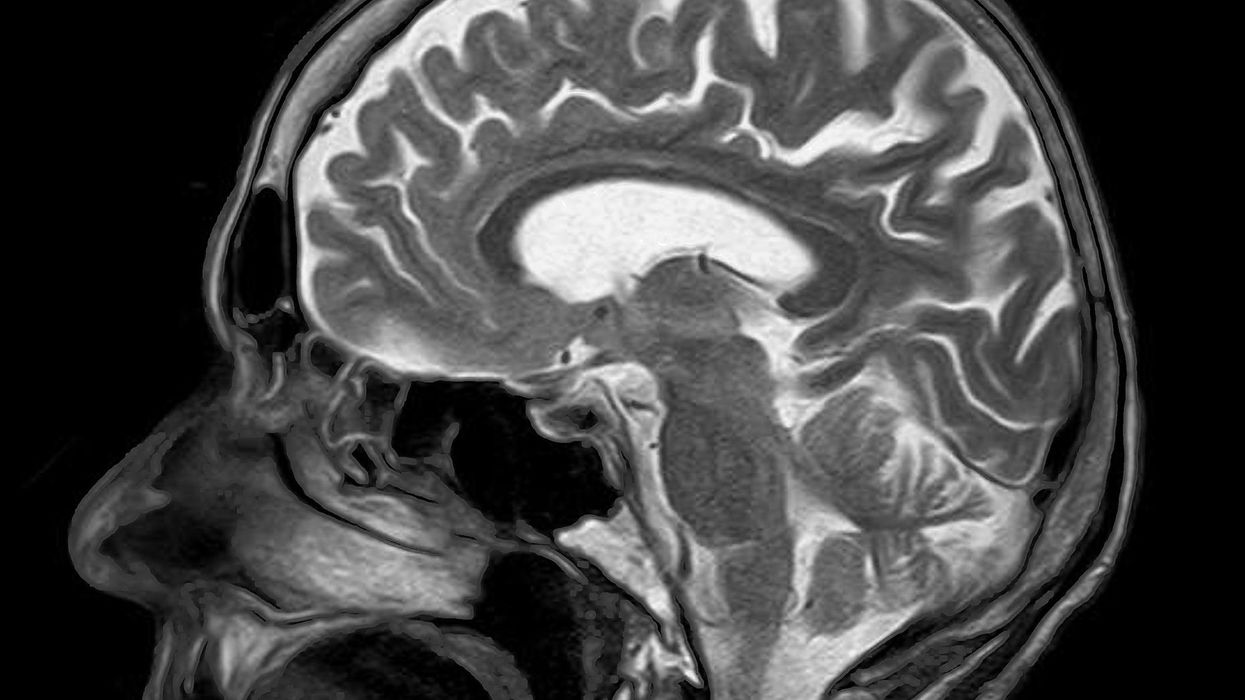Catherine Shuttleworth
Jan 09, 2024

What are 'minibrains' and why are scientists growing them?
Pixabay/Creative Commons
Lab-grown blobs of human brain tissue are signalling in a new era of scientific discovery. An era that's bringing about a lot of ethical questions.
These blobs, also known as "minibrains" colloquially and brain organoids scientifically, serve as simplified models of full-sized human brains. They have the possibility to be useful in basic research, drug development and even computer science.
However, as the organoids become more sophisticated, there's a question as to whether they could ever become too similar to human brains and thus gain some form of consciousness.
The organoids are growing from stem cells typically. According to a 2021 review in the Journal of Biomedical Science the stem cells used can either come from adult human cells, or human embryonic tissue, although this is more rare.
Scientists embed these stem cells in a protein-rich matrix, a substance that supports the cells as they divide and form a 3D shape. Scientists then introduce specific molecules and growth factors to coax the stem cells into forming different tissues.
Whilst the stem cells grow into mini brains, scientists often place the cells in spinning bioreactors. These devices keep the growing organoids suspended, rather than smooshed against a flat surface; this helps the organoids absorb nutrients and oxygen from the well-stirred solution surrounding them.
As brain organoids grow, they become more complex, similar to the way human embryos become more complex in the womb. Over time, the organoids come to contain multiple kinds of cells, mimic specific functions of human brain tissue; and show similar spatial organisation to isolate regions of the brain.
You may be wondering why scientists are growing minibrains in the first place and there is no one reason.
They can be used to study early human development, explain why a common drug can cause brith defects if taken during pregnancy, as well as model conditions such as brain tumours and Alzheimer's disease; to help us understand how a lot of these processes work. A lot of which, if were to be done on a human, would be unethical.
Some scientists are even using the oragnoids to power computer systems. One group recently discovered a minibrain made out of human mouse brain cells successfully played Pong after being hooked up to a computer-controlled electrode array.
There is worry that the minibrains will eventually become sentient. But it's important to note that despite their name they aren't actually miniaturised human brains. They are simply spherical balls of brain tissue that mimic some features of the full-size human brain.
Whilst they can generate chemical messages and brain waves similar to what's seen in a full-size brain, they can't actually "think" according to experts. However, the difficulty is, neuroscientists don't have an agreed-upon definition of consciousness, nor do they have ways to measure the phenomenon, as reported by Nature in 2020.
In an attempt to tackle this, The National Academies of Sciences, Engineering, and Medicine assembled a committee, and released a report in 2021.
The authors concluded: "In the foreseeable future, it is extremely unlikely that [brain organoids] would possess capabilities that, given current understanding, would be recognized as awareness, consciousness, emotion, or the experience of pain. From a moral perspective, neural organoids do not differ at present from other in vitro human neural tissues or cultures. However, as scientists develop significantly more complex organoids, the possible need to make this distinction should be revisited regularly."
Sign up to our free Indy100 weekly newsletter
Have your say in our news democracy. Click the upvote icon at the top of the page to help raise this article through the indy100 rankings.
How to join the indy100's free WhatsApp channel
Top 100
The Conversation (0)













